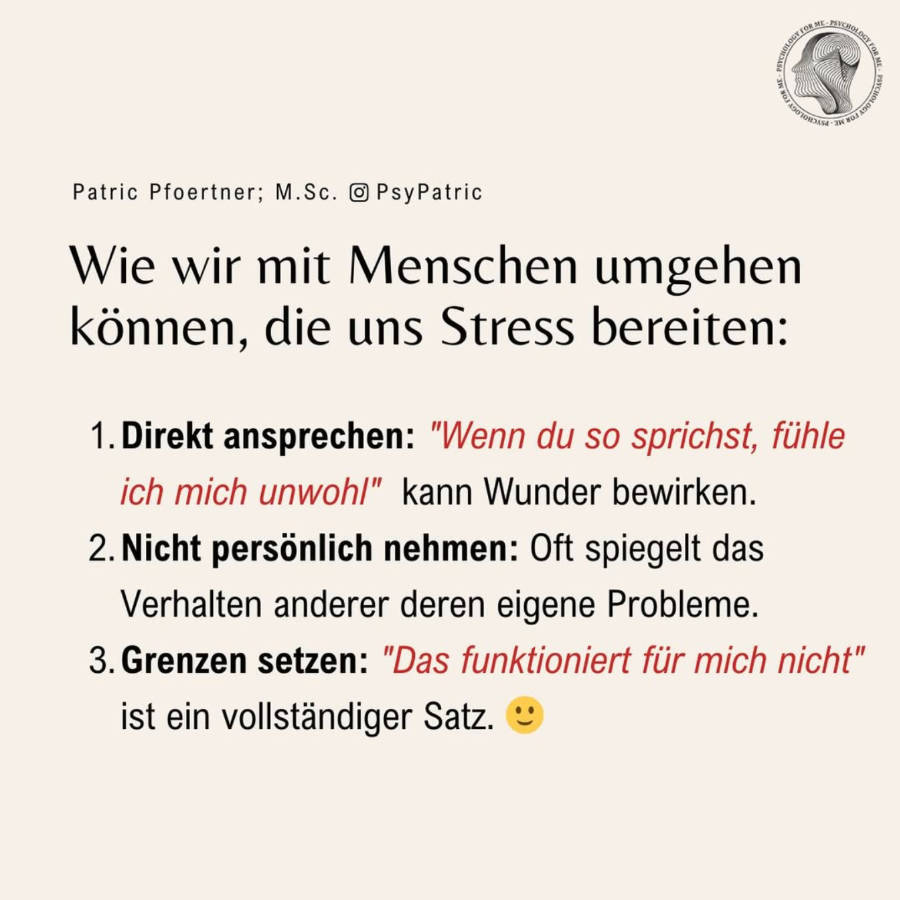Understanding Your Fear of Spiders: An Empathic Guide
It's completely normal to feel a bit uneasy around spiders. For many, however, this uneasiness can escalate into a profound and debilitating fear known as arachnophobia. If you've just completed our Arachnophobia Self-Assessment, you might be seeking to understand your reactions better, and we want to assure you that your feelings are valid and widely shared. This test is a first step in gaining clarity, not a diagnosis.
Our self-assessment aims to provide you with a clearer picture of your relationship with spider fear. Specifically, this test helps you to:
- Identify common symptoms associated with arachnophobia, from physical reactions to avoidance behaviors.
- Understand the potential impact your fear might have on your daily life and activities.
- Reflect on the intensity of your reactions when confronted with spiders or the thought of them.
Let's address some common questions people often have about their fear of spiders:
What exactly is arachnophobia?
Arachnophobia is classified as a specific phobia, meaning it's an intense, irrational fear of spiders or other arachnids. Unlike a simple dislike, this fear often triggers immediate and overwhelming anxiety, even when the actual danger is minimal or non-existent. It can manifest as a panic response, avoidance behaviors, or significant distress when encountering spiders in any form.
Is it 'normal' to be afraid of spiders?
Many people experience some degree of apprehension or discomfort around spiders, which is a natural human response to perceived threats. However, when this fear becomes so intense that it causes significant distress, leads to extensive avoidance, or interferes with your daily life, it moves beyond typical apprehension and into the realm of a phobia. If you find yourself consistently altering your routine or avoiding certain places due to spiders, your fear may be impacting your well-being.
How does this fear impact daily life?
The impact of arachnophobia can be far-reaching. Individuals might avoid outdoor activities like gardening or hiking, refuse to enter certain rooms in their home like basements or attics, or even experience anxiety from seeing spider images or thinking about them. This constant vigilance and avoidance can limit personal freedom and cause significant emotional burden, affecting social interactions, travel, and even work or study commitments.
What can I do if my fear is significant?
If your fear of spiders is causing you considerable distress or affecting your life, please know that effective support and treatment options are available. Therapies like Cognitive Behavioral Therapy (CBT) and especially Exposure Therapy have a high success rate in helping individuals manage and significantly reduce phobic reactions. A qualified psychologist or therapist can guide you through a structured process to gradually confront your fear in a safe and controlled environment.
Remember, acknowledging your fear is a brave first step. Our test provides a snapshot, but for a comprehensive understanding and personalized support, consulting with a mental health professional is always recommended. You don't have to face this fear alone; help is available to empower you to live a life less dominated by anxiety.
























